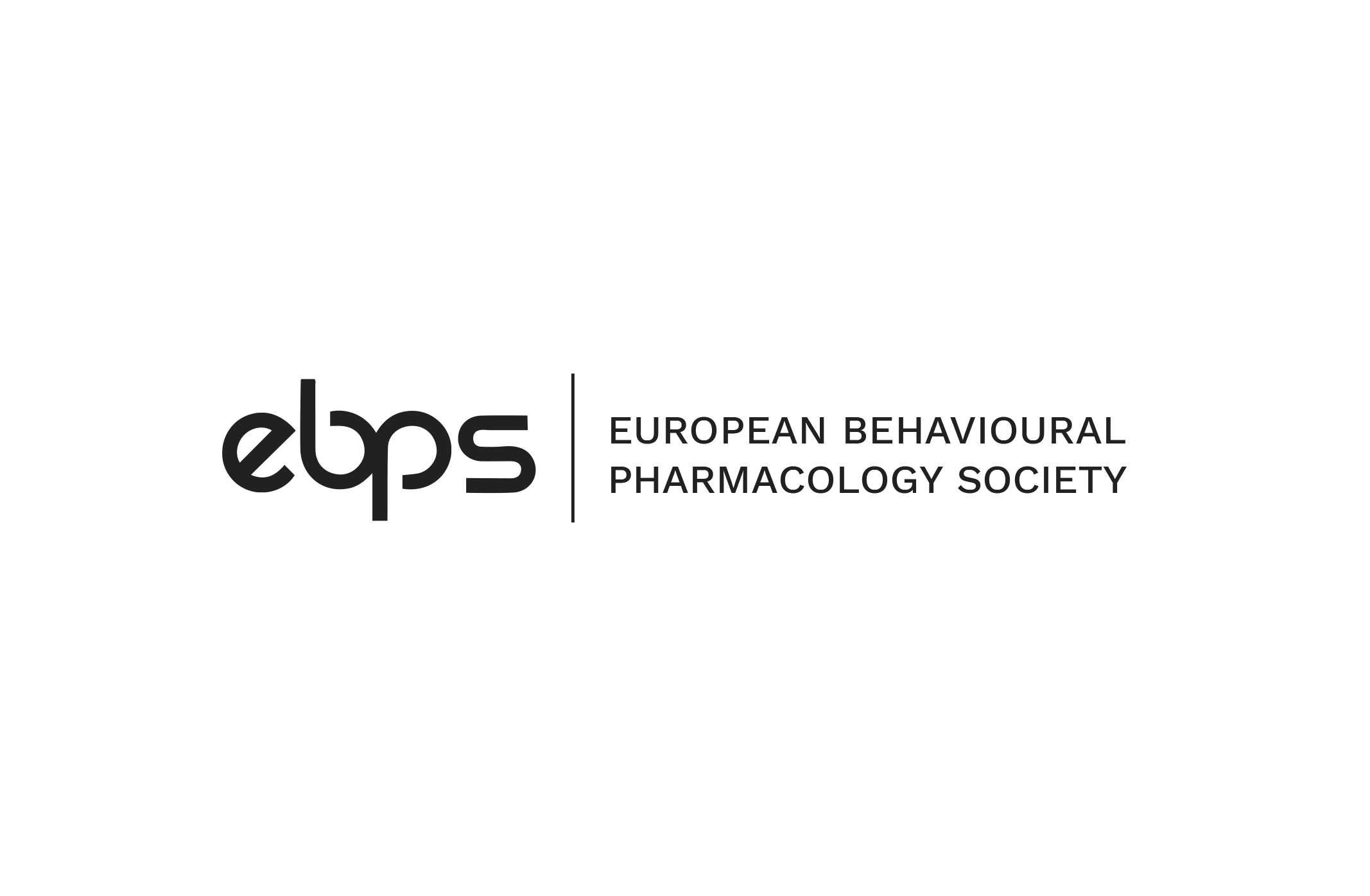
IDEA Committee Statement.
The European Behavioural Pharmacology Society (EBPS) IDEA Committee is committed to advancing Inclusion, Diversity, Equity, and Accessibility (IDEA) as core principles that enhance our community and elevate our contributions to the field of behavioural pharmacology. We believe that fostering a culture of belonging, respect, and opportunity is essential to driving innovation, collaboration, and the equitable dissemination of knowledge. To this end, we pledge to actively promote and support researchers from underrepresented backgrounds, including but not limited to: Individuals from marginalized racial and ethnic groups, Researchers with disabilities, Members of the LGBTQIA2S+ community, Individuals from underrepresented geographical regions, and those adversely affected by systemic inequities.
Our Commitment
Through the work of our committee, we pledge to:
Inclusion: Cultivate an environment where all voices are heard, valued, and empowered to contribute meaningfully to our mission, ensuring that our programs, events, and leadership reflect the diversity of our community.
Diversity: Embrace and celebrate the unique perspectives and identities of individuals across dimensions such as race, ethnicity, gender, sexual orientation, disability, neurodiversity, socioeconomic status, nationality, and other attributes.
Equity: Actively identify and dismantle systemic barriers within our society and profession, ensuring fair access to resources, opportunities, and recognition for all members, particularly those from historically underrepresented or marginalized groups.
Accessibility: Strive to make our programs, meetings, resources, and communications accessible to individuals of all abilities by adhering to inclusive design principles and providing necessary accommodations.
A Commitment to Growth
We acknowledge that the understanding and implementation of IDEA principles evolve over time. Therefore, we are dedicated to ongoing reflection, education, and adaptation to better meet the needs of our diverse and dynamic community. Through deliberate action, advocacy, and accountability, the EBPS IDEA Committee will ensure that the society remains a welcoming, equitable, and inclusive space where all members can thrive, collaborate, and contribute to the advancement of behavioural pharmacology.
If you would like to contact us to provide any feedback, suggestions or general comments on our activities please fill out the google form by following the QR code or clicking here

Useful links

ALBA Network: “Founded by a group of leading neuroscientists, the ALBA Network aims to promote equity and diversity in the brain sciences. The goals of the network are to: Promote best practices to counteract bias, Recognise outstanding contributions to science and diversity, and Provide networking and mentoring opportunities to promote careers for members of underrepresented groups”

